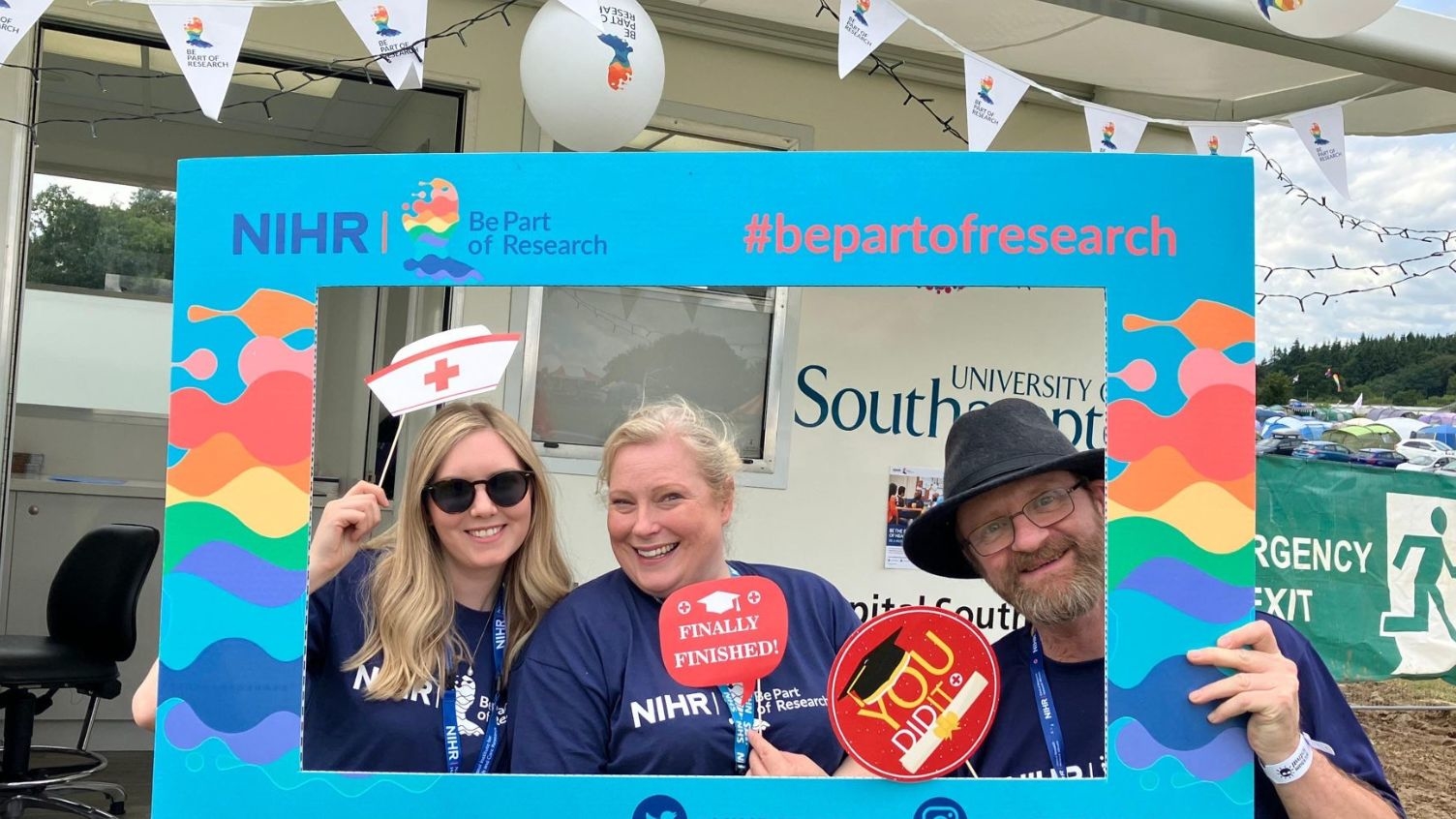A Rare Disease - Matilda's Story
- 16 December 2019
- 2 min read
The story of Matilda who has Sensenbrenner Syndrome
Matilda's Story
Nine year old Matilda Hatton from Great Wyrley in Staffordshire is one of the patients taking part in the 100,000 Genomes project. She is one of just 20 people in the world with Sensenbrenner Syndrome, which causes her to have shorter limbs and to grow at a slower rate than other children, as well as experiencing liver and kidney problems.
The project will sequence 100,000 genomes from around 70,000 people. Participants are NHS patients with a rare disease, plus their families, and patients with cancer.
The aim is to create a new genomic medicine service for the NHS - transforming the way people are cared for. Patients may be offered a diagnosis where there wasn't one before. In time, there is the potential for new and more effective treatments.
The project will also enable new medical research. Combining genomic sequence data with medical records is a ground-breaking resource. Researchers will study how best to use genomics in healthcare and how best to interpret the data to help patients. The causes, diagnosis and treatment of disease will also be investigated. We also aim to kick-start a UK genomics industry. This is currently the largest national sequencing project of its kind in the world.
Matilda's condition is so rare it took doctors three years to diagnose her. Days after she was born she was born in Stafford, she was rushed to Birmingham Children's Hospital, now part of Birmingham Women's and Children's NHS Foundation Trust (BWC) where she has been monitored and received treatment ever since. Her father Les, who is Matilda's carer says: 'We were approached by BWC about taking part in the 100,000 Genomes project because Matty's syndrome is so rare. The hope is to find out more about what causes it and enable earlier diagnosis. Ultimately, if they can identify the risk, and stop it from happening in future, it will be worth it.
'Everyone who takes part is helping - they could be the one that leads to a quantum jump in progress. It's in the future, but we believe it's achievable.'
Matilda's mother Michelle adds: 'She loves going to school and tries not to let her illness get in the way. She's just like any other little girl, but she does get a bit more tired from time to time.'
Dr Larissa Kerecuk, Rare Disease Lead & Consultant Paediatric Nephrologist for BWC and Paediatric Specialty Lead for the Clinical Research Network West Midlands, says: 'Matty is a lovely child - it's a pleasure to treat her. We are very grateful to her and her family for taking part in this revolutionary project which is introducing genomics into everyday practice and is the beginning of personalised medicine.'
For more information on the 100,000 Genomes project visit their website.


